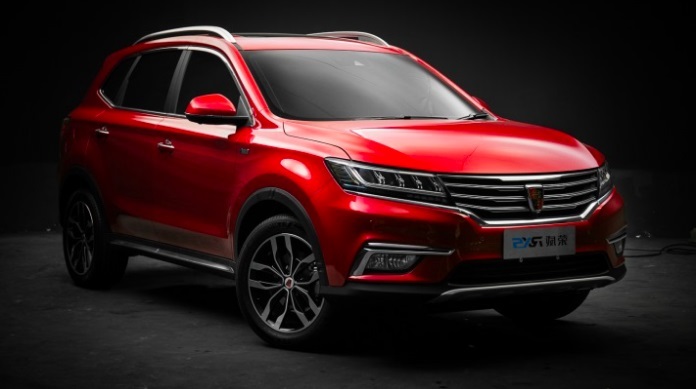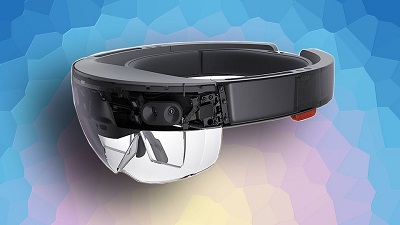Alibaba has released its new OS’Car RX5 to expand the IoT to the automotive sector.
Alipay mobile payments can be made by drivers from the seat of their new OS’Car RX5. The new sport utility vehicle is the product of a partnership formed between Chinese internet giant Alibaba Group and Shanghai-based automotive manufacturer SAIC Motor Corp. It has been introduced to China’s automotive market and is dubbed the “internet car”. It is equipped with a smart operating system, which makes it different from traditional cars. The hope is that the car will spread the internet-of-things (IoT) to the automotive sector.
This smart OS will provide consumers with an experience that is more than simple driving.
The OS’Car RX5 operating system was designed by Alibaba’s YunOS division. Specially designed for the automotive industry, the YunOS will boost consumer experience. According to chairman of Alibaba’s Steering Committee, Dr. Wang Jian, the smart operating system revolutionizes the car so it’s not just about driving. The smart OS becomes “the second engine of cars, while data is the new fuel,” Wang stated.
 Alibaba’s new car takes a step beyond other cars that are able to access the internet via third-party apps or software. The company wants to make all vehicles a part of the much bigger IoT ecosystem. In this ecosystem, smart devices gather and exchange data for the purpose of improving efficiencies for users. Cars are a new smart platform, Wang said. He added that through this platform Alibaba can offer internet-based services to create a superior driving experience.
Alibaba’s new car takes a step beyond other cars that are able to access the internet via third-party apps or software. The company wants to make all vehicles a part of the much bigger IoT ecosystem. In this ecosystem, smart devices gather and exchange data for the purpose of improving efficiencies for users. Cars are a new smart platform, Wang said. He added that through this platform Alibaba can offer internet-based services to create a superior driving experience.
Alipay mobile payments will be only one of the e-commerce services part of the RX5.
The company’s internet car has navigation and voice control features. It also has three LED screens for interfacing with the operating system and 360-degree detachable cameras for taking selfies and recording trips.
The RX5 uses its own e-commerce system to provide consumers with services. For instance, using Alipay mobile payments, drivers have the ability to book and pay for gas stations, parking spaces and coffee shops.
Each driver is given their own “internet ID” that enables the smart OS to recognize different users and make personalized recommendations. These recommendations may include air temperature, music, and nearby restaurants based on previous trips.
President of YunOS, Zhang Chunhui, said that “In the future, we hope Internet-connected cars to be a solid foundation for the development of smarter transportation and smarter cities.”
Currently Chinese consumers can preorder the OS’Car RX5 via Tmall. Prices begin at $22,300. The expected delivery date for the cars is August.

 According to Roland Sladek, Huawei vice president of international media affairs, “The virtual-reality ecosystem is not mature enough now, in terms of content and bandwidth,” Sladek added that “If you want to stream 3D content, it’s very slow. Latency is not great. That will drastically change with 5G.”
According to Roland Sladek, Huawei vice president of international media affairs, “The virtual-reality ecosystem is not mature enough now, in terms of content and bandwidth,” Sladek added that “If you want to stream 3D content, it’s very slow. Latency is not great. That will drastically change with 5G.”